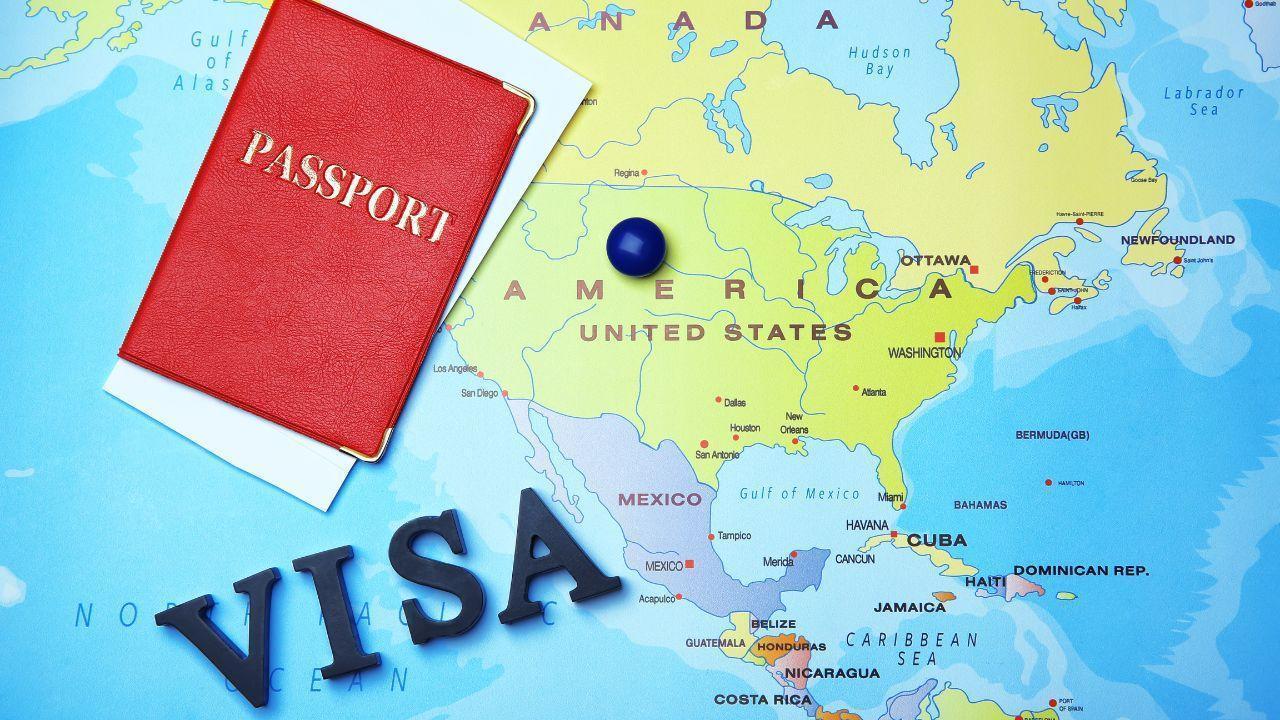











The Essential Guide to the Application Process for Studying Abroad
Studying abroad can be a life-changing experience. It allows you to explore new cultures, gain international exposure, and earn a degree from a respected institution. However, the application process for studying abroad can seem overwhelming if you’re not sure where to begin. Understanding the steps involved can help ease your worries and make the journey smoother. In this article, we’ll guide you through What is the Application Process for Studying Abroad? and break it down into manageable steps.
Step 1: Choose the Right Destination and Course
The first step in the application process is choosing the country and program that aligns with your career goals and personal interests. Different countries offer a wide range of educational opportunities, and each has its own strengths. Here are some things to consider when choosing where to study abroad:
Step 2: Research and Prepare Documents
Once you have a destination and program in mind, the next step is to gather all the necessary documents required for your application. These documents will vary depending on the university and country, but here are some common ones you may need:
Step 3: Apply to Universities
After preparing all the necessary documents, the next step is to apply to your chosen universities. Most universities have an online application system where you can submit all your documents. Here's how to apply:
Step 4: Wait for Offers and Interviews
Once your applications are submitted, you will need to wait for the universities to process them. Some universities may require an interview or an entrance exam, particularly for postgraduate programs. During this period, it’s important to be patient and stay organized. Here’s what to do during this waiting phase:
Step 5: Accept an Offer and Finalize Your Visa
Once you receive offers from universities, it’s time to make a decision. You’ll need to choose the university that best fits your needs and accept the offer. After accepting an offer, you will typically receive an official admission letter or an offer letter.
With the admission offer in hand, you can now start the process of applying for a student visa. Here’s what you need to do:
Step 6: Prepare for Your Journey
Now that everything is in place, it’s time to prepare for your journey abroad. Here’s a checklist to help you get ready:
Disclaimer:
The information provided is for general guidance only. Myedugoal strives for accuracy but encourages readers to verify details with official sources. Application processes and requirements may change over time. Myedugoal is not responsible for any discrepancies. Always research thoroughly and consult academic advisors before making decisions.
#trending #latest #StudyAbroad #ApplicationProcess #StudyOverseas #InternationalStudents #StudyInUSA #StudyInCanada #StudentVisa #StudyAbroadJourney #MyEduGoal #HigherEducation #UniversityApplications #AbroadEducation #GlobalLearning #AcademicJourney #EducationAbroad

Learn to manage money smartly while studying abroad... Read More.

Stay and Work Abroad with Post-Study Visa Options 2025... Read More.
 Fake posts hit Czech PM Fiala's X
Fake posts hit Czech PM Fiala's X
Fake posts disrupt Czech PM Fiala's X account security
 Switzerland Tightens Export Rules
Switzerland Tightens Export Rules
Switzerland expands export controls on dual-use goods
 Google unveils Ironwood AI chip
Google unveils Ironwood AI chip
Google introduces Ironwood chip to accelerate AI tasks & apps
 TSMC Q1 revenue up 42%
TSMC Q1 revenue up 42%
TSMC sees 42% revenue surge in Q1, surpassing forecasts
 Google unveils Ironwood AI chip
Google unveils Ironwood AI chip
Google's Ironwood chip boosts AI processing and app speed
 Amazon CEO Outlines AI Vision
Amazon CEO Outlines AI Vision
Amazon CEO reveals AI investment plans in new letter
 Osaka Hosts World Expo 2025
Osaka Hosts World Expo 2025
Japan blends tech and culture at Osaka Expo 2025 launch
© MyEduGoal. All Rights Reserved. Design by markaziasolutions.com